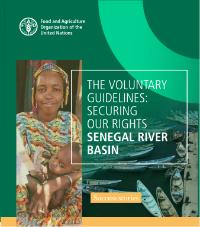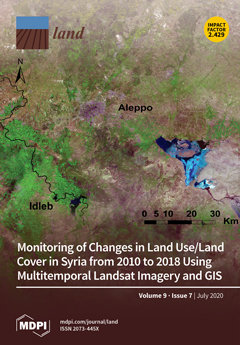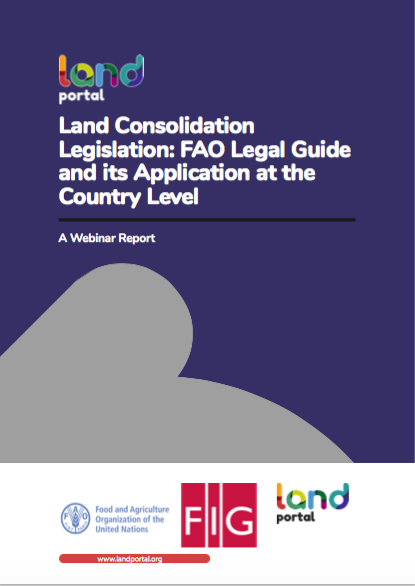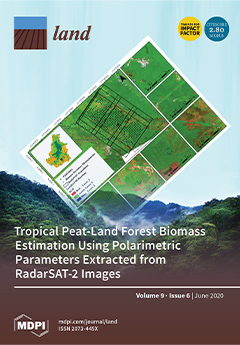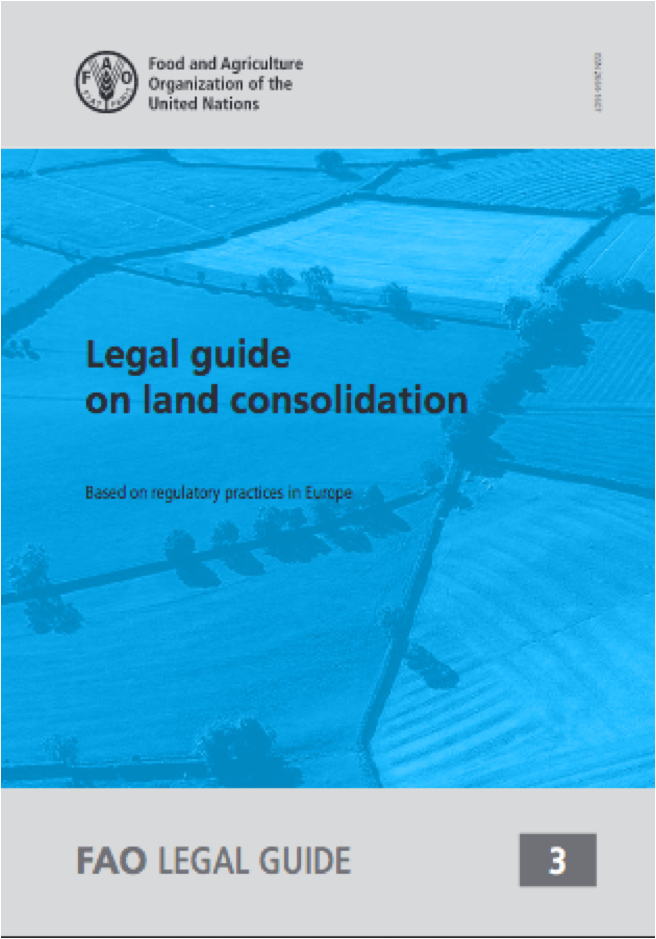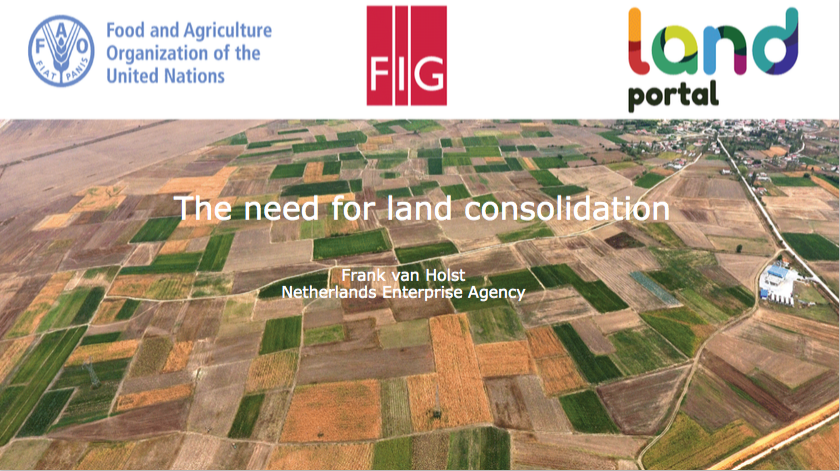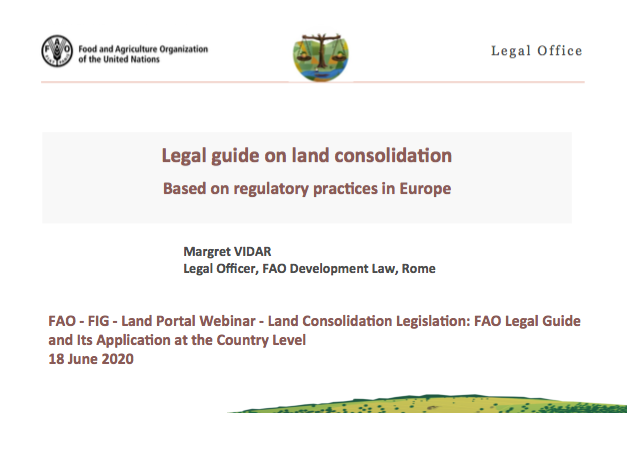The Voluntary Guidelines: Securing our rights - Senegal River Basin
This publication will demonstrate how the project was a catalyst leading to improvements in conditions in the Senegal River Basin, under which land is held or occupied in agriculture sectors. The VGGT addresses problems of weak governance of tenure and the growing pressure on natural resources, assisting countries to achieve food security for all. The project focused on four separate Multi-Stakeholder Platforms (MSPs) located in Guinea, Mali, Mauritania and Senegal.

